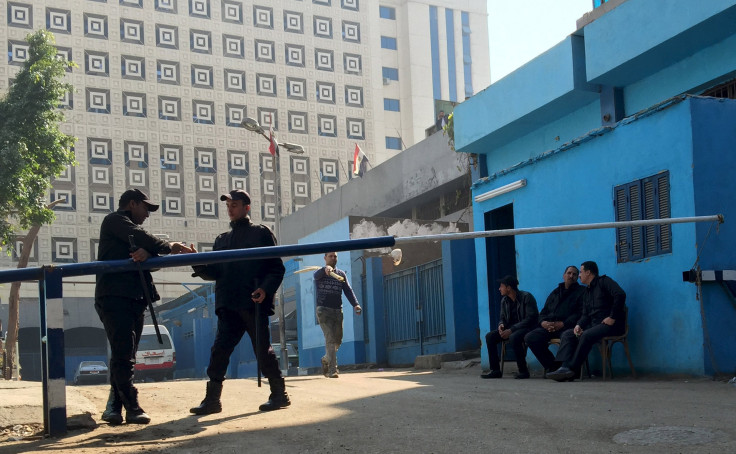Body Of Missing Italian Student Giulio Regeni Found Near Cairo

The body of Giulio Regeni, a 28-year-old graduate student who went missing in Cairo on Jan. 25, was found in a ditch in the city's suburbs late Wednesday. The corpse, which was positively identified by his roommate, bore signs of torture, including stab wounds, cigarette burns and cuts to the ears, an investigating prosecutor told the Associated Press (AP).
“All of his body, including his face” had bruises and cuts, Ahmed Nagi, who leads the investigation team on the case, told AP, adding that Regeni seems to have suffered a “slow death.”
However, Alaa Azmi — the deputy head of criminal investigations in Giza — told AP that initial investigations suggested that Regeni’s death was a road accident, and that preliminary forensic reports did not mention any burns.
“We have to wait for the full report by forensic experts. But what we know is that it is an accident,” Azmi said.
Regeni was a PhD student at the department of politics and international studies at the University of Cambridge, and was a visiting scholar at the American University in Cairo, where was pursuing a doctoral thesis on the Egyptian economy.
My friend PhD student from Cambridge is missing in #Cairo since 25Jan.Please help us to find him #whereisgiulio pic.twitter.com/mNERqBbNFl
— galica (@Gala_dr) February 2, 2016
In a statement released Thursday, the Italian foreign ministry said that it had urgently summoned the Egyptian ambassador over Regini’s death, and sought “full cooperation at all levels” from Egyptian authorities.
“Italy reiterates its call to the Egyptian authorities to immediately initiate a joint investigation with the participation of Italian experts and asks that the young Regeni’s body be repatriated to Italy as soon as possible,” the foreign ministry said, in the statement.
While the circumstances surrounding Regeni’s disappearance and death are not yet clear, his disappearance on Jan.25 — the fifth anniversary of the Arab Spring in Egypt — triggered speculation that he may have been caught up in protests and police crackdown against demonstrators.
© Copyright IBTimes 2024. All rights reserved.












